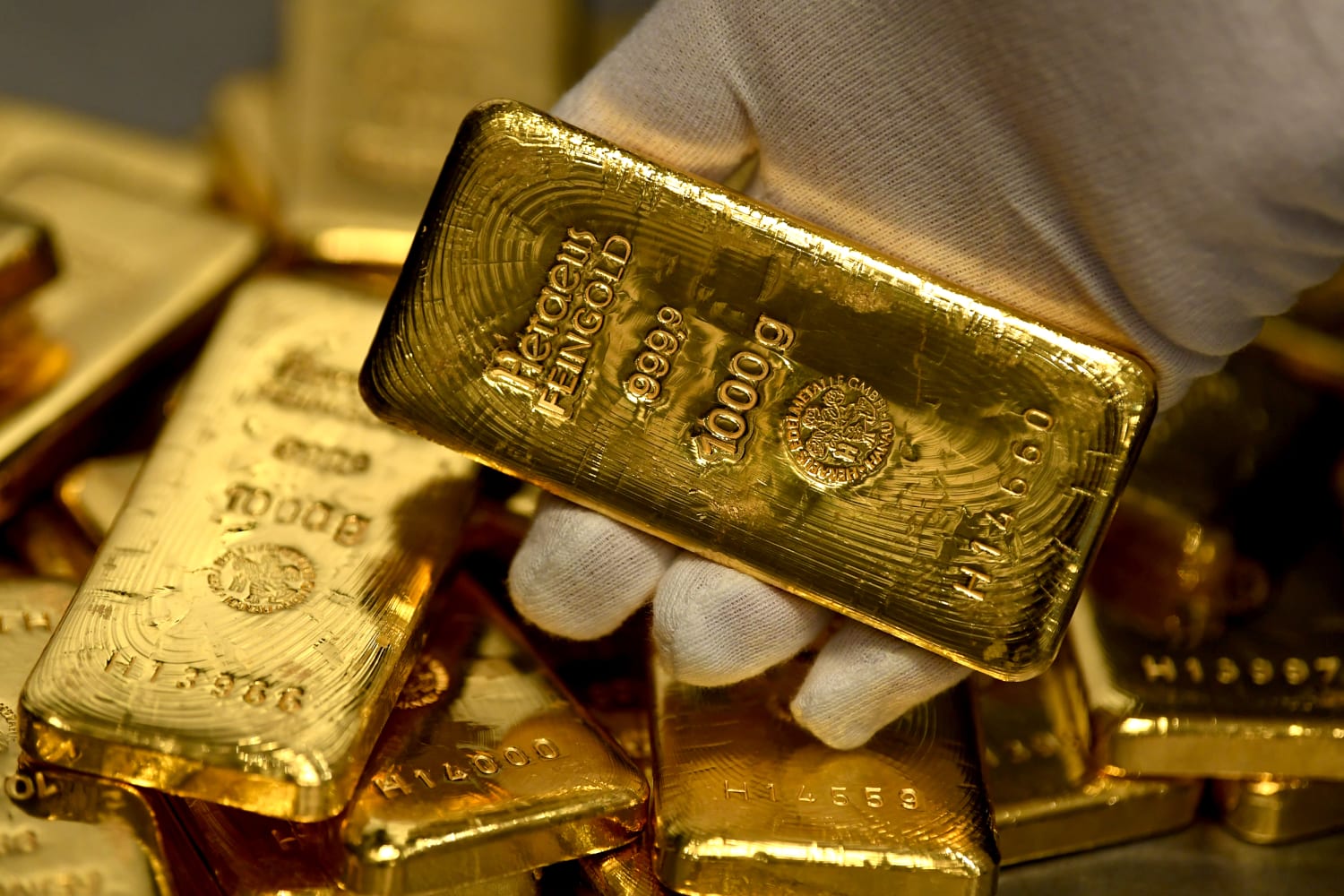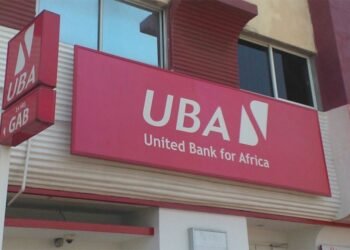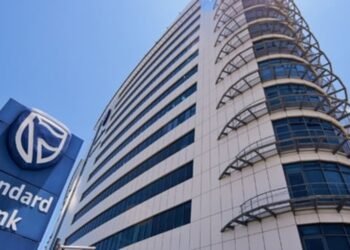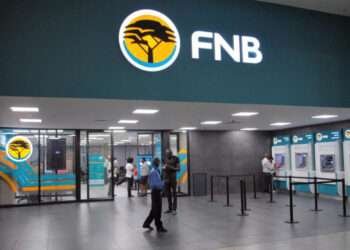Bloomberg, a privately held and leading financial, software, data, and media company has forecasted that the policy rate of the Bank of Ghana (BoG) will soar for the 7th time after it last did in November 2021.
According to Bloomberg, the rise in policy rate from 27.0% is attributable to a higher-than-expected jump in inflation in November and December last year, 2022 coupled with a renewed depreciation in the local currency, which begun this month, January, 2023.
Policy rate hikes are associated with higher lending rates, thus, with the speculated surge in policy rate, it is expected that loans will become more expensive as time proceeds.
Razia Khan, Head of Research at Standard Chartered Bank in charge of Africa and Middle East, also projects a rise in the policy rate.

“Ghana’s inflation has continued to increase and so we see a 200 basis points hike in January and a further 200 basis points in March 2023, to a peak of 31%.
“The risk now is that if the debt restructuring takes even longer to conclude, then obviously the currency comes under pressure and the Bank of Ghana may have to tighten further.”
Razia Khan
As a result of increasing concerns on risks to inflation and exchange rate, the Bank of Ghana in November 2022 increased its policy rate to 27%, growing by 2.5 percentage points.
Meanwhile, the Monetary Policy Committee (MPC) is expected to begin its quarterly meeting from Tuesday January 24, 2022 to Friday January 27, 2022 to review developments in the economy.
The Cedi To Stabilize In The Coming Months
The central bank stated that the local currency will in the coming month witness some stability following the discharge of 41,000 metric tonnes of petroleum products by the Bulk Oil Storage and Transportation (BOST) Company for onward distribution to Bulk Oil Distribution Companies (BDCs).
This is coming at a time that the cedi has come under immense pressure after sustained stability in December 2022.
However, the central bank is albeit the petroleum products received will help ease the demand for dollars, which will in turn help stabilize the cedi.
The central bank also indicated that it has gotten the full support of mining firms to sell about 600,000 ounces of gold to the government.

According to the bank, there has been an extensive collaboration with the mining firms to provide enough gold to shore up the reserves in the gold vault.
This follows claims that the regulator is requiring mining companies to sell the mineral or metal to them in order to maintain the gold-for-oil initiative.
Stephen Opata, Head of Financial Markets at BoG pointed out that the commitment level of the mining firms is impressive, hence, hopeful of achieving the target.
“We are trying to do a number of reforms so that we have a better hand on how we manage our cedi. So let me be clear here, we believe that when this programme is successful, we will be able to meet more of our foreign exchange resources in terms of procuring petroleum products.
“There will be less pressure on the cedi or on our reserves. Ultimately, from the medium to long-term, it will be more stabilizing for the cedi.”
Stephen Opata
In the currency market today, January 20, 2023, the dollar sells at GH¢13.05, pound GH¢15.41 and euro at GH¢13.50.
These figures are based on the average quotes that most of the major commercial banks in Ghana are offering to clients.
READ ALSO: ‘Taptap Send’ Director Calls on Ghana to Leverage FinTech for Long-term Economic Growth























